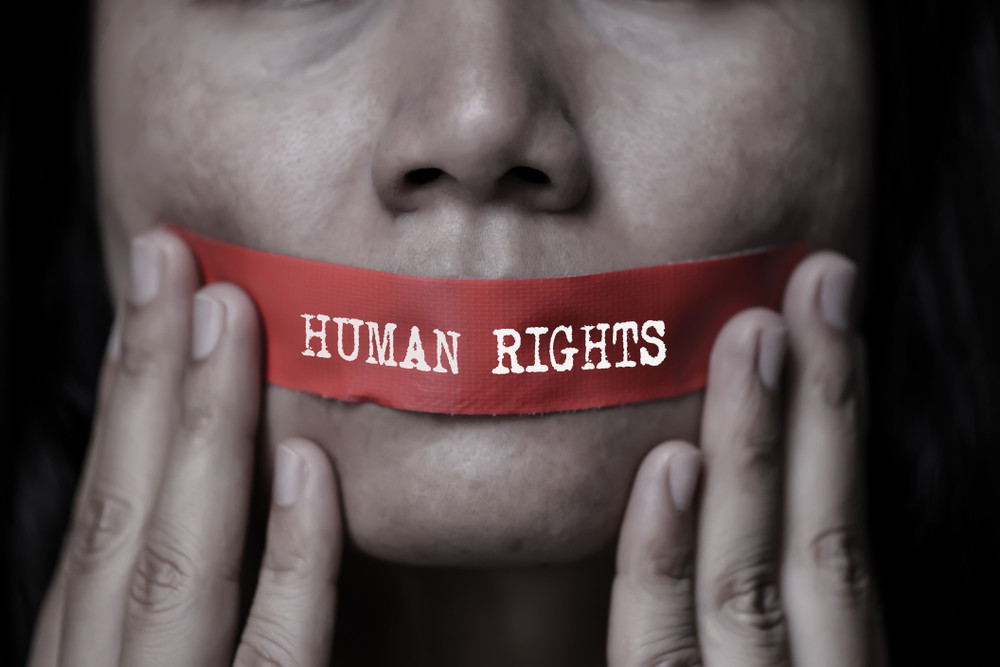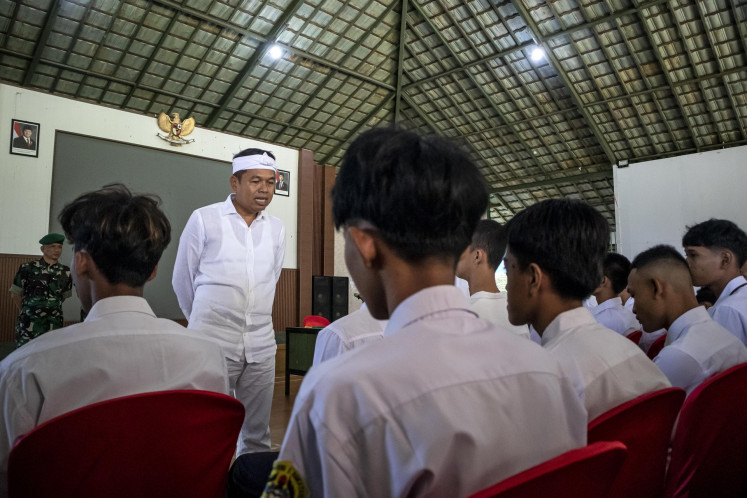Popular Reads
Top Results
Can't find what you're looking for?
View all search resultsPopular Reads
Top Results
Can't find what you're looking for?
View all search resultsSelf-censorship concerns grow as Big Tech accedes to cyber policy
Change text size
Gift Premium Articles
to Anyone
 As major technology companies fall in line with state licensing policies that grant the government sweeping cyber-surveillance powers, critics have raised concerns that such firms will find it easier to simply self-censor content and provide ready access to user data than to risk tangling with regulators in an opaque legal system. (Shutterstock/siam.pukkato)
As major technology companies fall in line with state licensing policies that grant the government sweeping cyber-surveillance powers, critics have raised concerns that such firms will find it easier to simply self-censor content and provide ready access to user data than to risk tangling with regulators in an opaque legal system. (Shutterstock/siam.pukkato)
A
s major technology companies fall in line with state licensing policies that grant the government sweeping cyber-surveillance powers, critics have raised concerns that such firms will find it easier to simply self-censor content and provide ready access to user data than to risk tangling with regulators in an opaque legal system.
Massively popular platforms such as Zoom, Twitter, Netflix, Spotify, Facebook, Instagram, WhatsApp, Google and YouTube have registered under the controversial licensing regime.
They were among some 200 foreign and 8,000 domestic private electronic services providers (ESPs) that registered with the Communications and Information Ministry before last week’s deadline.
The ministry said it would block any ESP that failed to register and that registrants would have to comply with its content moderation rules, as stipulated in a 2020 ministerial regulation on private ESPs.
All registered platforms must take down content that "incites unrest" or "disturbs public order" within 24 hours of receiving a ministry instruction to do so. If the content contains child pornography or messages supporting terrorism – or if the ministry feels there is an immediate need to remove the content for the sake of public order – registered platforms will have four hours to remove the offending post following the ministry's warning. If a platform ignores the order, the ministry can order internet service providers to block access to it.
Nenden Sekar Arum of the Southeast Asia Freedom of Expression Network (SAFEnet) said the policy could be used as a tool for large-scale government censorship and could push tech companies to self-censor just to avoid being blocked.
"Instead of facing the risk of penalties from the government, digital service providers might be more preventative," she said.


















